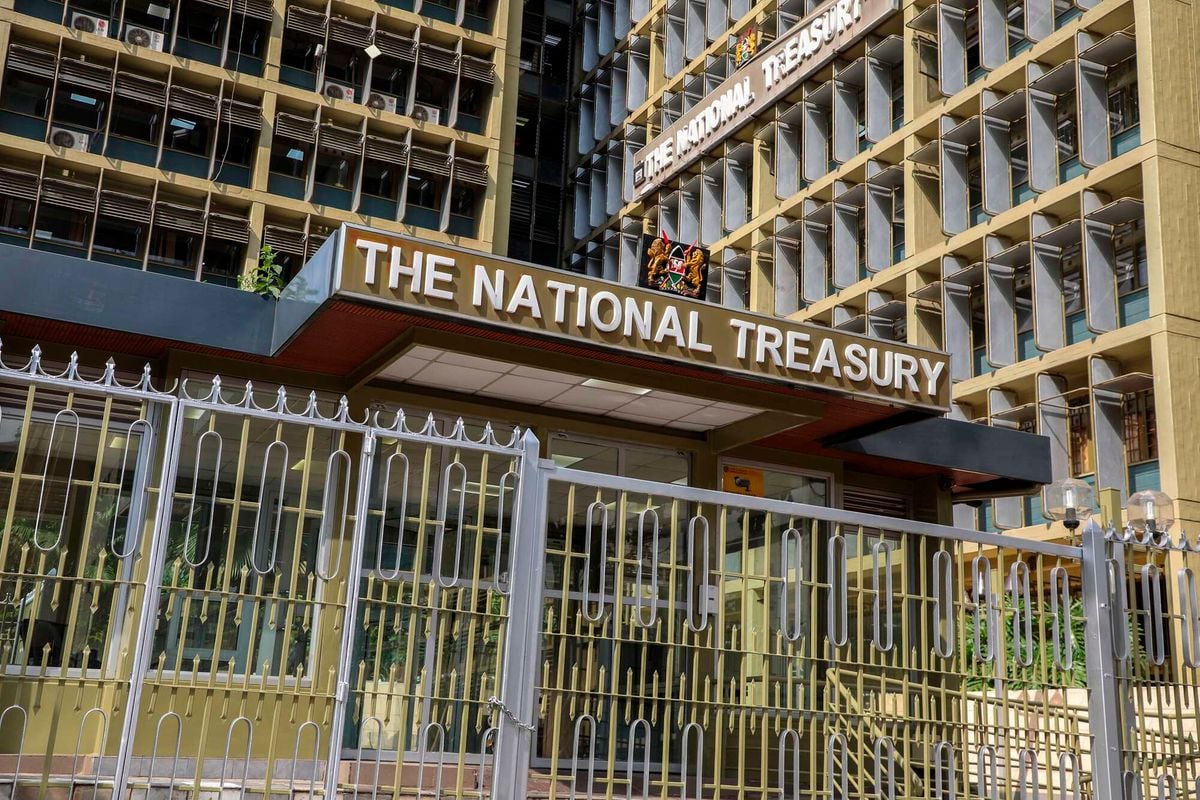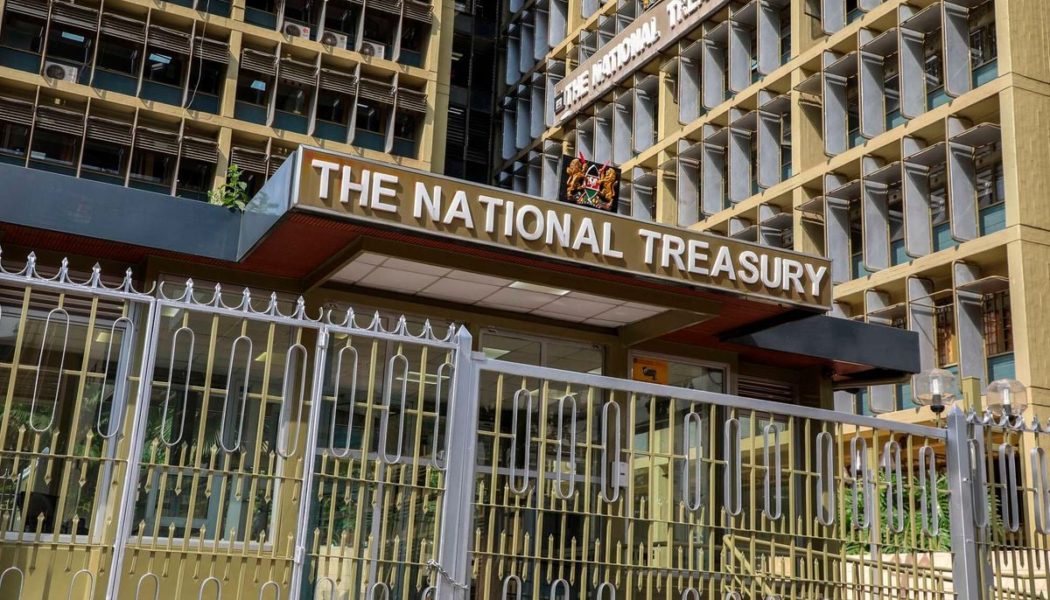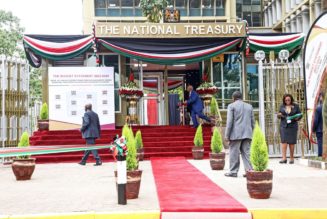
The Treasury’s earnings from public investments for the financial year ended June 2024 nearly doubled on the back of a presidential order that commercial parastatals surrender 80 percent of their net profit to the exchequer.
New disclosures show that investment revenue jumped 95.43 percent to Sh80.72 billion in the review period from Sh41.3 billion a year earlier, helping ease cash flow pressures at a time ordinary revenue receipts were off target by Sh172.1 billion.
The growth was largely supported by the mopping up of surplus cash from semi-autonomous government agencies (SAGAs) and dividends from government investments.
This came in a year that President William Ruto directed chief executives of the State-controlled commercial entities to wire 80 percent of net profit to the government’s main account. The requirement to surrender the funds has now been included as one of performance indicators for chief executives this financial year ending June 2025.
“The money that some parastatals make does not belong to their boards or management. It belongs to the people of Kenya as returns on investment,” the President told parastatal chiefs at State House, Nairobi on March 26.
Treasury data shows the investment income surpassed the target of Sh80.44 billion, making it an outlier, alongside domestic value added tax receipts, in a year when the rest of the revenue streams fell short of the set goals.
The revenues from government investments for the review year were the second largest in history, only dwarfed by Sh103.39 billion in the year ended June 2020 when the then administration mopped up cash from State entities to help battle the Covid-19 pandemic shocks on the economy.
Safaricom was amongst the biggest contributors to the dividend payout to the Treasury.
The telco, the most profitable firm in Kenya, wired about Sh16.4 billion to the Treasury in the review year for its 14.02 billion shares.
This comprised Sh8.69 billion, or Sh0.62 per share, final dividend paid in August 2023 and Sh7.71 billion, or Sh0.55 per share, interim payout in March 2024.
Safaricom has a policy of distributing at least 80 percent of net income as dividends to shareholders. The Treasury holds a 35 percent stake in the company where it has significant influence alongside Vodacom Group Limited of South Africa that has a similar ownership in the telco.
KCB Group, in which the government also holds a significant investment, skipped dividends for the year ended December 2023 to bolster its capital base.
Cash-rich SAGAs which pay Treasury billions of shillings every year include the Central Bank of Kenya, the Capital Markets Authority, the Competition Authority of Kenya, Kenya Pipeline Company, the Kenya Airports Authority and the Kenya Ports Authority.
Some of the firms, whose shares are publicly traded on the Nairobi Securities Exchange (NSE), which paid Treasury dividends for shareholding include Kenya Reinsurance (60 percent stake), power generator KenGen, NSE Plc, Stanbic Holdings and Liberty Kenya Holdings.
New KCC, PTA Re, the Kenya Literature Bureau, African Exim Bank, Africa Re and the National Housing Corporation are the other sources of State dividend income.
The Ruto administration has this year embarked on reforming the operation and management of State corporations in a plan backed by the International Monetary Fund (IMF).
The restructuring plan aims to end budgets for commercial corporations and maintain minimum allocation to the entities, ending allocations for non-priority budgets such as such as memberships to clubs for top management, repairs and hiring of new staff this fiscal year.
The implementation of the State corporations reforms has been suspended by the High Court pending a determination of a case filed by the Law Society of Kenya and others challenging some aspects of the changes that they allege usurp the powers of Public Service Commission (PSC), an independent constitutional agency.
PSC chairperson Anthony Muchiri had also protested Dr Ruto’s executive order on guidelines for the management of State corporations, terming it “illegal and unconstitutional” for excluding the commission from their formulation.
The executive order gazetted on May 24 provides for among others, terms and conditions of service for boards and human resource management of State corporations.
“The guidelines are in conflict with the provisions of the constitution and are, therefore, invalid pursuant to the provisions of Article 2(4) of the Constitution…,” Mr Muchiri wrote in a protest letter to State House Chief of Staff and Head of the Public Service Felix Koskei on May 28.
“The guidelines violate several court decisions that found that it is only the Commission [PSC] that has power to establish offices and approve human resource instruments in the public service.”









